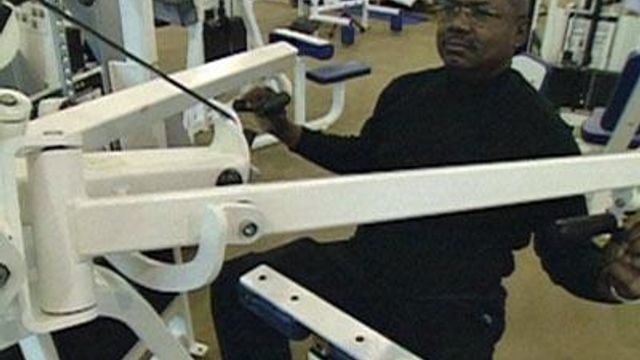Health Team
Study examines exercise capacity related to heart health
Researchers at the Mayor Clinic’s Division of Cardiovascular Diseases studied how different features of heart function can affect a person’s ability to exercise. They also looked for ways to improve it.
Posted — UpdatedExercise promises a healthier body, stronger muscles and better quality of life, but it is more difficult to exercise as people get older.
“This is a major cause of disability and decline in functional capacity as patients age,” Mayo Clinic Dr. Patricia A. Pellikka said.
Researchers at the Mayo Clinic’s Division of Cardiovascular Diseases studied how different features of heart function can affect a person’s ability to exercise. They also looked for ways to improve their exercise capacity because regular exercise helps lower the resting heart rate.
“We use high-frequency sound waves and bounce them off the blood and off the heart muscle itself, and the sound waves are reflected back to the transducer,” Pellikka said.
Researchers measured the diastolic, or relaxation, phase of the heart's left ventricle in patients undergoing an exercise stress test.
They found that in the relaxation phase of the heart, abnormalities were more pronounced with aging. In addition, “The impact of these on the exercise capacity was more pronounced with aging,” Pellikka said.
Mild abnormalities in the heart's relaxation function made exercise more difficult.
If the condition, sometimes caused by high blood pressure and coronary artery disease, could be prevented, it could keep people exercising longer.
The study also compared the diastolic functions of the heart between men and women, but found no substantial difference between them and their exercise capacity.
The study is published in the Journal of the American Medical Association.
• Credits
Copyright 2024 by Capitol Broadcasting Company. All rights reserved. This material may not be published, broadcast, rewritten or redistributed.





